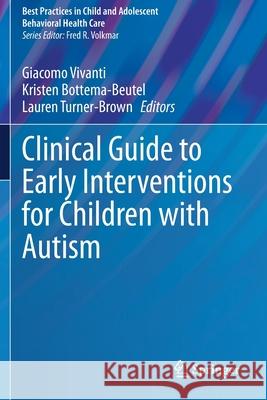Clinical Guide to Early Interventions for Children with Autism » książka
topmenu
Clinical Guide to Early Interventions for Children with Autism
ISBN-13: 9783030411626 / Angielski / Miękka / 2021 / 179 str.
Clinical Guide to Early Interventions for Children with Autism
ISBN-13: 9783030411626 / Angielski / Miękka / 2021 / 179 str.
cena 442,79
(netto: 421,70 VAT: 5%)
Najniższa cena z 30 dni: 424,07
(netto: 421,70 VAT: 5%)
Najniższa cena z 30 dni: 424,07
Termin realizacji zamówienia:
ok. 22 dni roboczych
Dostawa w 2026 r.
ok. 22 dni roboczych
Dostawa w 2026 r.
Darmowa dostawa!
Kategorie:
Kategorie BISAC:
Wydawca:
Springer
Seria wydawnicza:
Język:
Angielski
ISBN-13:
9783030411626
Rok wydania:
2021
Wydanie:
2020
Numer serii:
000837215
Ilość stron:
179
Waga:
0.28 kg
Wymiary:
23.39 x 15.6 x 1.07
Oprawa:
Miękka
Wolumenów:
01
Dodatkowe informacje:
Wydanie ilustrowane











